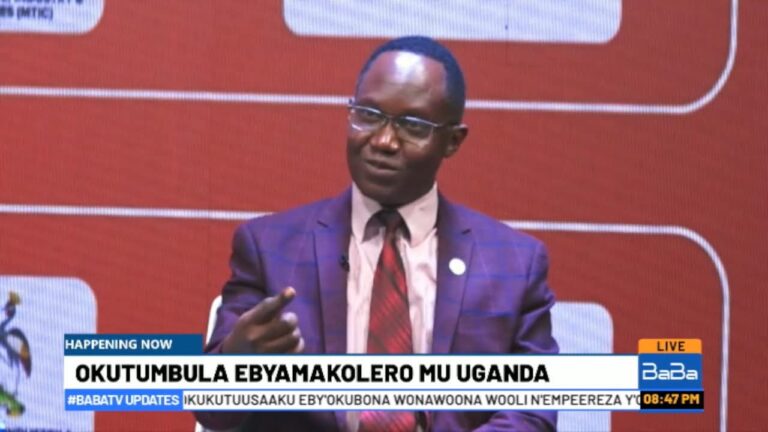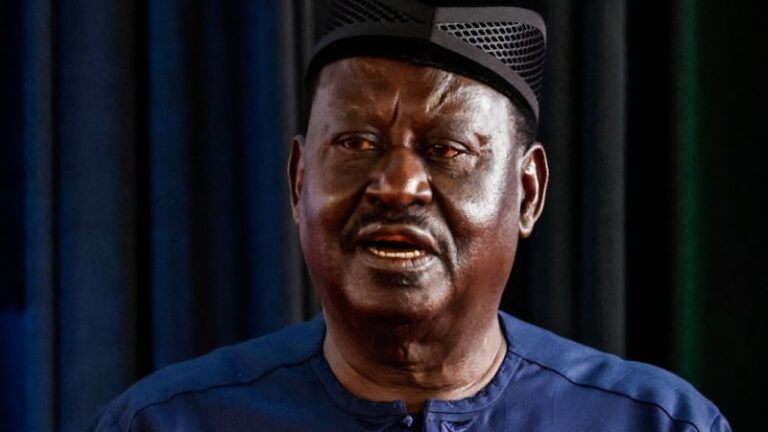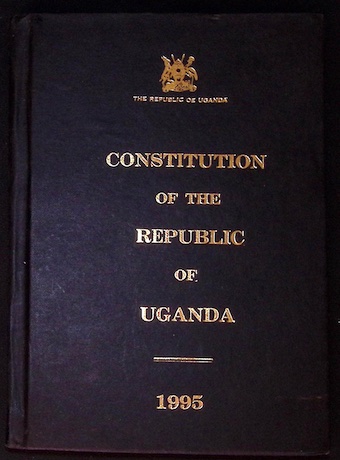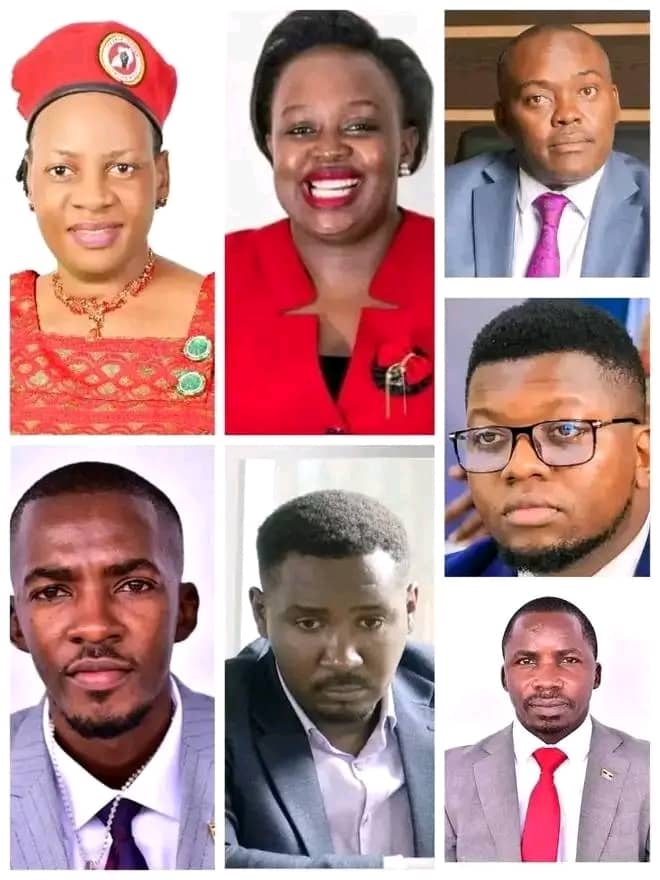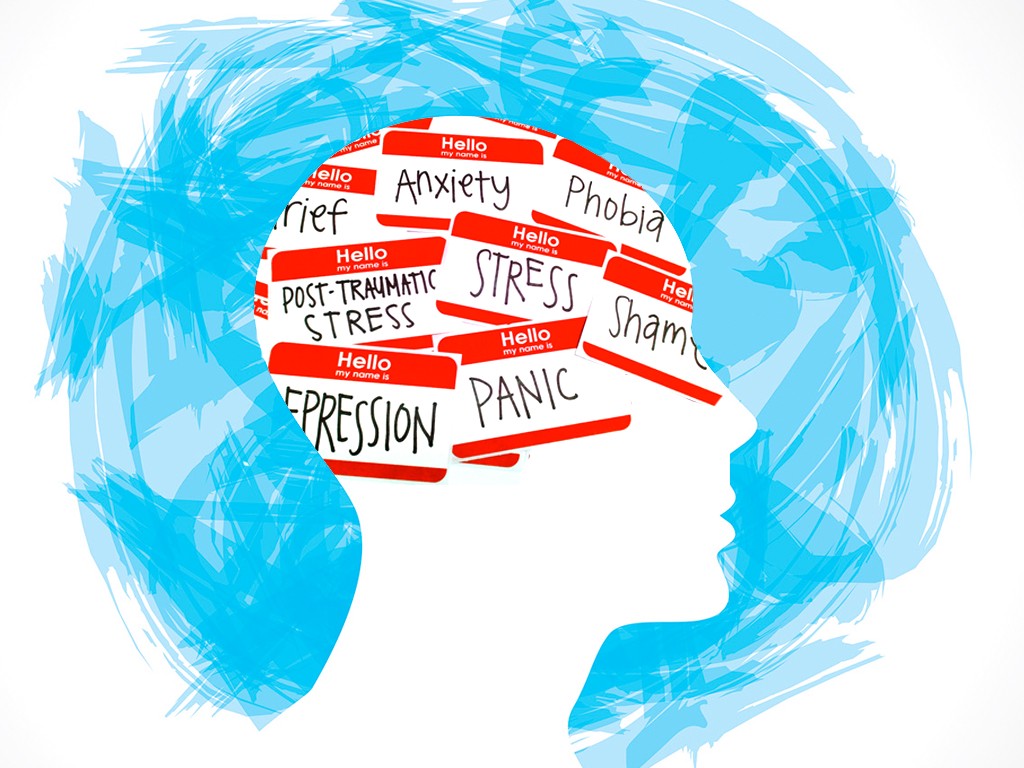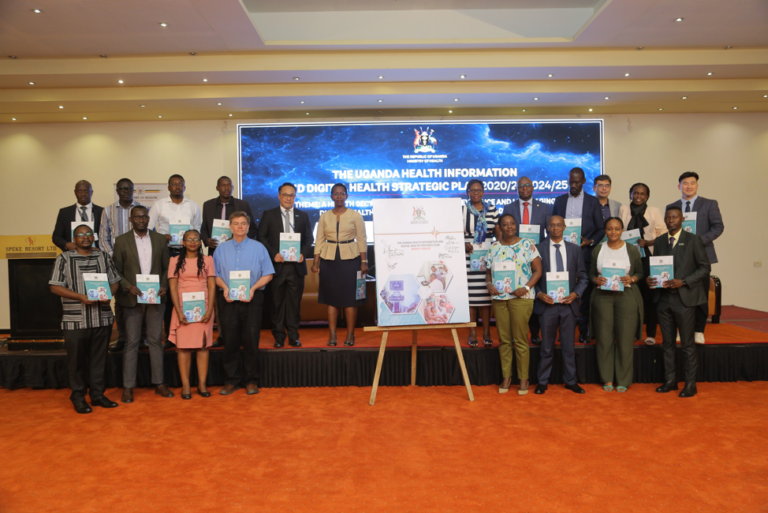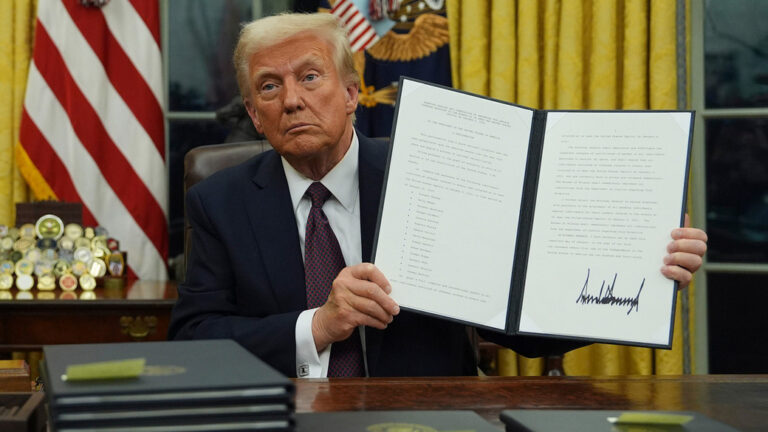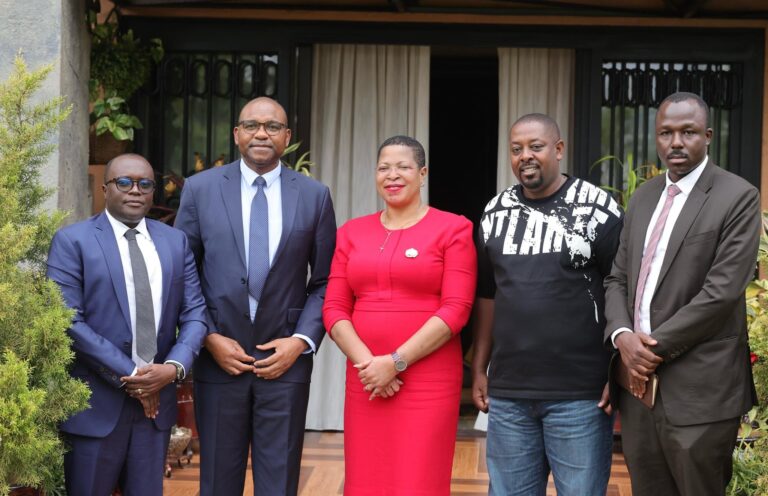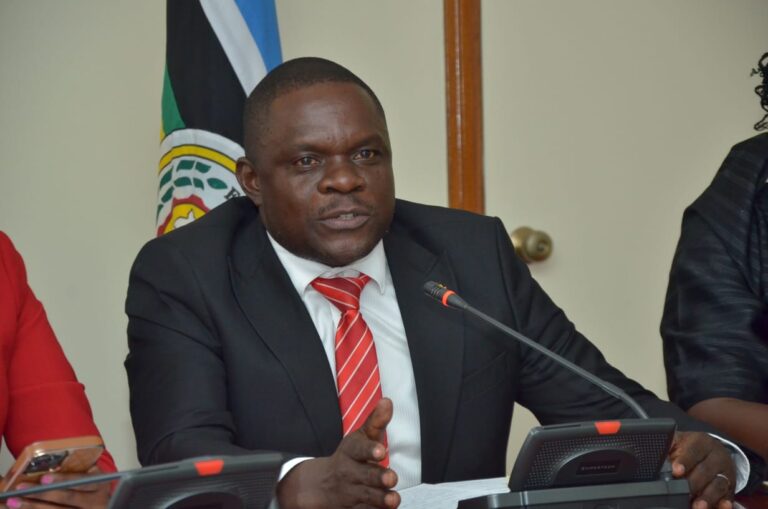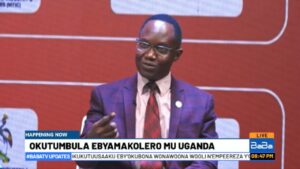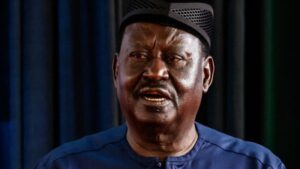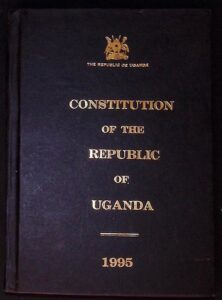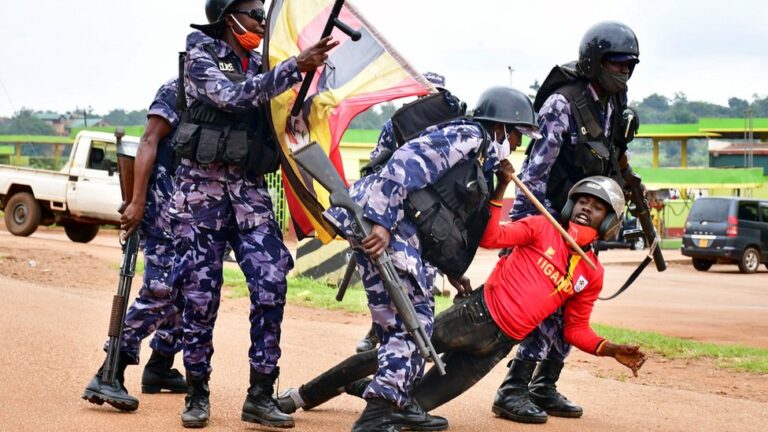A lot of funding is spent on finding statistics on trauma yet these funds could have been better utilised to finance the prevention of trauma, a mental health expert has said.
“We need to invest in systems to prevent trauma as opposed to investing in finding statistics on trauma,” Dr Moses Mukasa Bwesige (PhD), an experienced community-based mental health and psychosocial support expert and trainer at the Institute for Community-Based Sociotherapy (ICBS), says. Bwesige also has extensive experience in suicide prevention and response.
According to him, many organisations and development partners are preoccupied with collecting and analysing the numbers (statistics) of those affected by trauma yet very few civil society organisations, governments and development partners pay attention to the preventive measures and systems that can aid its prevention.
He made the call during a training of trainers’ workshop on the integration of Mental Health and Psychosocial Support (MHPSS) and Peace Building (PB) initiatives in combating Sexual Gender Based Violence (SGBV) in the Great Leakes Region.
The event was at the Imperiale Royale Hotel in Kampala on January 22, 2025.
The four-day event was organised by the International Conference on the Great Lakes Region (ICGLR) Regional Training Facility (RTF) which focuses on the prevention and suppression of sexual and gender-based violence (GBV).
While addressing an audience of over 40 trainees, during the same meeting, Ambassador Philip Rukikaire who represented the foreign affairs ministry, said the Government is very supportive of the Regional Training Facility (RTF) as exemplified by the goodwill of the foreign affairs ministry (MOFA), through the office of the national co-ordinator and permanent secretary.
He also revealed that there is a high level of sexual violence and exploitation, including around camps for internally displaced persons (IDPs) which is exacerbated by inexistent livelihood possibilities and insufficient aid.
“The loss and stress experienced during humanitarian emergencies cause fear and hopelessness and affect individuals’ capacity to cope,” Rukikaire stated.
As a result, the ambassador noted that community structures that regulate community well-being, such as extended family systems and informal community networks, may break down causing social and psychological problems.
Burundi’s former education minister, Dr Janviere Ndiranisha, who is ICGLR-RTF’s regional director, officiated the opening of the workshop.
She commended Deutsche Gesellschaft für Internationale Zusammenarbeit (GIZ)—a German development agency that works on international co-operation for sustainable development—for funding the workshop that seeks to equip over 40 social workers in various divisions such as Police, judicial and medical officers including civil society on GBV.
The ICGLR was established by 12 member states under the pact on security, stability and development for the Great Lakes Region of 2006. This pact has 10 protocols including one on the prevention and suppression of sexual violence against women and children.
“In line with Article 6 (9) of this Protocol, ICGLR member states agreed to set up a special regional facility, which is the RTF, for training and sensitising judicial officers, Police units, social workers, medical officers and other categories of persons who handle cases of sexual violence in the Great Lakes region,” Ndiranisha stated.
The 12 countries, include Angola, the Democratic Republic of Congo DRC), Tanzania, Rwanda, Burundi, South Sudan, the Central African Republic (CAR) and Zambia. Others are Sudan, Kenya, the Republic of Congo and Uganda.
The Institute for Community-Based Sociotherapy is a non-governmental organisation registered in the Netherlands. The institute works as a global expertise network, uniting professionals, and organisations worldwide that implement community-based sociotherapy.
According to the National Institute of Health, trauma in Uganda is a significant public health issue with road traffic injuries being the leading cause. Other causes include falls, assaults and burns.
Road traffic crashes were the most common cause (67.4%) followed by assault (12.8%) and mob justice (5.6%). Of the known mechanisms of injury, non-trauma illnesses were documented for 2.9% of admissions.
The trauma unit admissions at the Uganda National Referral Hospital indicate that injuries are a neglected epidemic. Globally, they account for 9% of deaths; 1.7 times that of HIV, Tuberculosis and malaria combined. Trauma remains overlooked with key research and data focusing on infectious diseases yet Uganda has one of the highest rates of traumatic injury.
The trauma unit admissions from July 2012 to December 2015 indicate that 834 patient records were reviewed. The predominant age group was 18 to 36 with the majority of patients being male. 54% of patients presented during the daytime with 46% admitted in the evening hours or overnight.
Mechanism of injury was documented in 484 cases. The most common mechanism was Road Traffic Accident (67.4%), followed by assault (12.8%) and mob violence (5.6%).
The most common indication for admission was traumatic brain injury (84.5%), followed by haemodynamic instability (20.0%) and blunt chest injury (6.1%).


